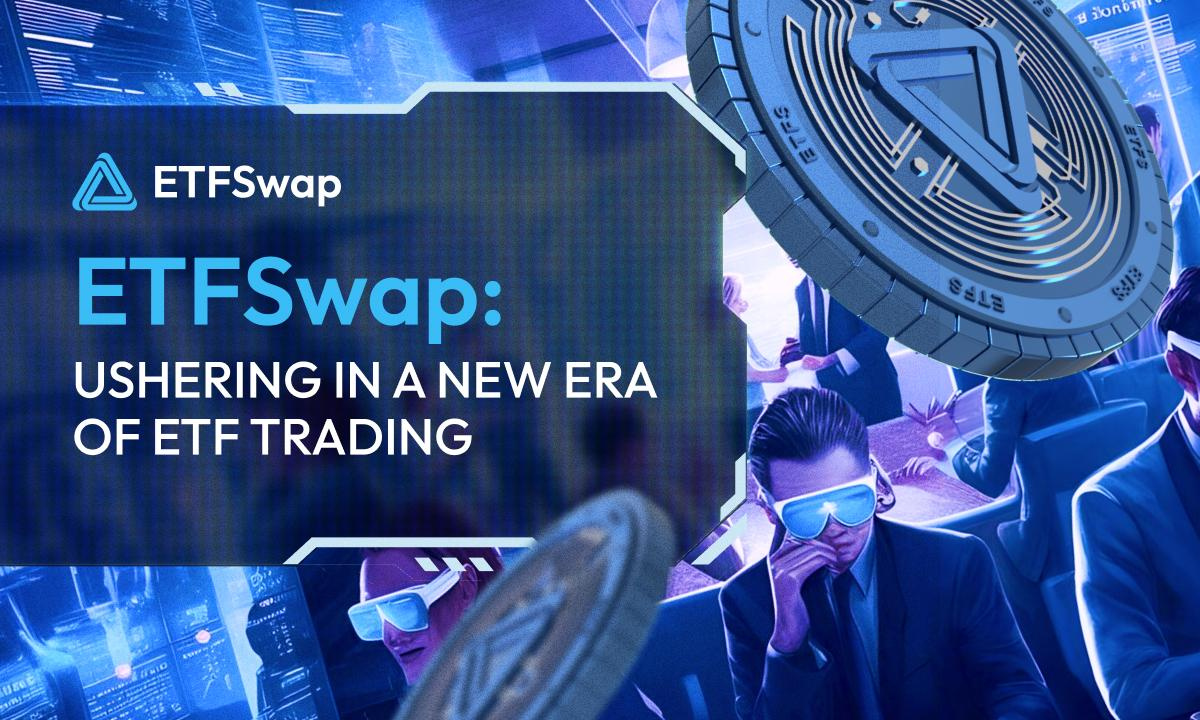FTX Backed Studio Explains Why Solana Is Better For Game Developers
While the Ethereum blockchain has the community edge, competition with Solana is intensifying thanks to the emergence of blockchain-based money maker games now simply known as GameFi.
Game developer and publisher Faraway, founded by Scopely and Glu Mobile veterans, has announced that the studio has raised $ 21 million in a Series A funding round led by Lightspeed Venture Partners and the exchange. In addition to a $ 8 million startup round, Faraway currently has a total of $ 30 million in funding from popular crypto ecosystem investors a16z, Sequoia Capital, Pantera Capital, Jump Capital, and Solana.
The company is developing its flagship title, a browser-based live multiplayer game called Mini Royale: Nations, on the Solana blockchain. According to the announcement, the team has previously worked on popular games like Disney’s Sorcerer’s Arena, WWE Champions, The Walking Dead: Road to Survival, and Looney Tunes: World of Mayhem.
When asked why they chose Solana over Ethereum from a developer’s perspective, Faraway co-founder Alex Paley told Cointelegraph that Ethereum was simply not an option due to slow transaction times and high gas fees:
“We are specifically looking for a blockchain with fast and cheap transactions, strong ecosystem dynamics and a team behind it that we can trust from a technical point of view.”
Rust, Solana’s programming language, is also popular with game developers compared to Ethereum’s Solidity. Paley admits that Ethereum and its Layer 2 solutions have a large community. But redeeming earned tokens is much more difficult for most Layer 2 Ethereum solutions. Solana provides speed and access to liquidity natively on the platform, Paley added.
While most other blockchains seek to remain industry-independent, Paley points out, Solana spends a lot of effort and resources building specific tools and infrastructures to support the demand of game studios in building games with complex real-time systems and economies.
In his comment on the funding round, Solana creator Anatoly Yakovenko highlighted decentralized gaming as the next frontier for blockchain technology. “The game Faraway is developing has the potential to bring Web 3.0 to hundreds of millions of users,” he added.
Related: NFT game recommendations are mentioned as traditional game feedback and regulators
The browser-based setup of Mini Royale: Nations allows players to play on any hardware with an internet browser without the need for installation. Paley told Cointelegraph, “The biggest challenge in creating a browser game is the fidelity of the graphics you can get from the browser. “When starting WebGPU, however, we should see a significant improvement in browser graphics fidelity.”
However, browser-based development offers significant advantages, as playing without installation is a first. “All players have to do is share or click a link, and seconds later they and their friends are all playing together in the same session,” says Paley.
Since MetaMask, Phantom Wallet, and other Web 3.0 wallets are natively integrated into the browser, it also makes sense to develop a browser-based game as it makes buying, selling, or trading in-game assets more convenient.
Follow the Youtube Channel | Subscribe to telegram channel | Follow the Facebook page





















